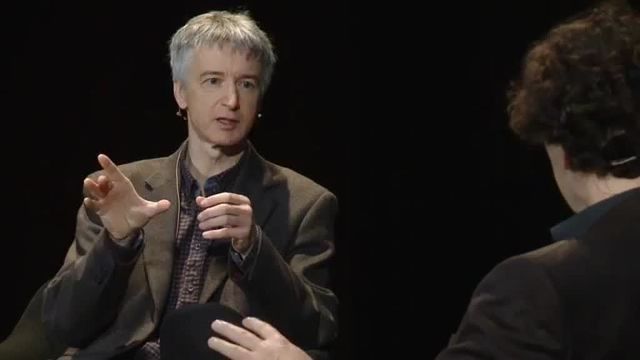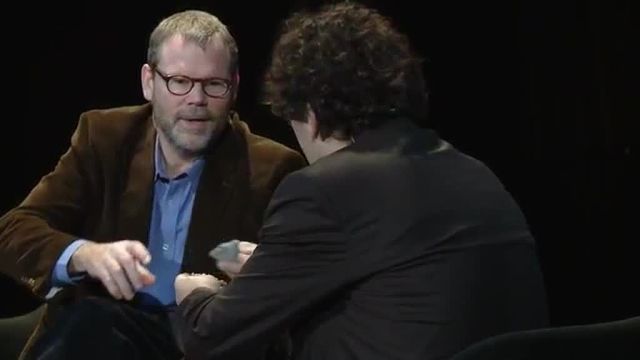Fossils
The Anthropocene Project. An Encyclopedia
War ruins are deposited in layers of earth and stone just as rainy periods or droughts, increased CO2 levels or environmental poison leave their mark. From computer parts and other everyday objects of plastic and polyester, highways, high-rises, and industrial plants, humanity’s traces are inscribing themselves much more radically into the Earth than in the Holocene. A new force that in terms of its power and universality can challenge the forces of nature, as argued by the Italian geologist Antonio Stoppanie already in 1873. Since the geologist Paul Crutzen made the concept of the Anthropocene popular around the turn of the millennium, researchers have been trying to prove the “age of humanity,” until now without the fossils that usually mark an geological epoch. Parallel to this, a new, politicized guard of forensics experts uncovers the most recent traces of human interventions in the air, ground, and water to light and and at stake. While the debate around the concept Anthropocene still rages, a thought game: what speculations are necessary in the distant future for the today emerging fossils? And who will be interested in them?
More information in the media section
HKW Talk on the Anthropocene. With Jan Zalasiewicz and Bernd M. Scherer
HKW Talk on the Anthropocene. With Erle Ellis and Bernd M. Scherer
A Report: HKW Talk on the Anthropocene | with Matt Edgeworth

